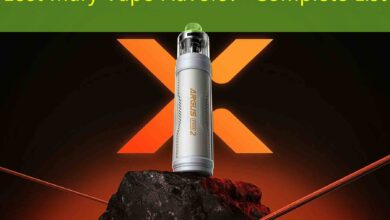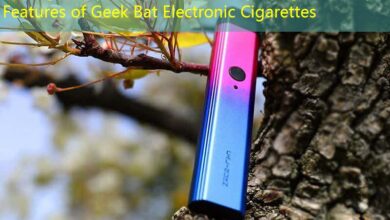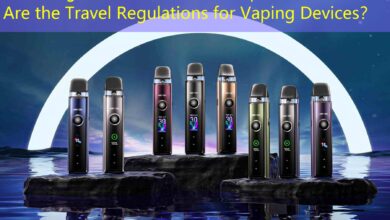How Will the NJ Vape Ban 2025 Affect Flavored Products and Consumer Choices?
Introduction to NJ Vape Ban 2025
In recent years, the vaping industry has experienced rapid growth, becoming a key player in the discussion regarding tobacco alternatives. New Jersey, aiming to safeguard public health, particularly among its youth, has been closely monitoring vaping trends. The NJ Vape Ban 2025 emerges as a crucial regulatory initiative set to reshape the landscape for both consumers and retailers in the state. This article analyzes the implications of this ban, including its product specifics, benefits, drawbacks, and target consumer demographics.
Product Overview and Specifications
The NJ Vape Ban 2025 focuses on restricting the sale and distribution of flavored vaping products, prioritizing public health concerns. Key specifications that will come into effect include:
– Flavored Products Ban: The regulation will prohibit the sale of flavored e-liquids and vape products, which have been largely popular among younger demographics.
– Nicotine Content Restrictions: The legislation aims to enforce strict standards on the allowable nicotine levels in vaping products to prevent addiction.
– Age Restrictions: The legal age to purchase vaping products will remain at 21, ensuring compliance with existing regulations.
While the specifics of the ban are pending final legal assessments, manufacturers and retailers are required to prepare for potential alterations in product lines that will comply with these new regulations.
Advantages of the NJ Vape Ban 2025
The NJ Vape Ban 2025 presents numerous advantages that support the public’s well-being:
– Health Protection: The prohibition of flavored vaping products aims to deter adolescents from starting to vape, addressing their growing addiction to nicotine.
– Reduction of Youth Access: By limiting the appeal of flavored products, the ban seeks to reduce their prevalence among minors, effectively addressing early-stage nicotine addiction that could lead to lifelong tobacco use.
– Public Health Initiatives: The ban aligns with broader public health campaigns focused on reducing smoking and vaping, thus potentially leading to lower healthcare costs related to tobacco-related illnesses.
Disadvantages of the NJ Vape Ban 2025

Despite its intentions, the NJ Vape Ban 2025 may have several downsides:

– Black Market Growth: Prohibitive measures may lead to an increase in black market activities surrounding flavored vaping products, complicating enforcement and potentially introducing even more dangerous products.
– Economic Impact: The ban may harm local businesses reliant on the sale of flavored vape products, resulting in job losses and economic decline in sectors heavily invested in vaping retail.
– Loss of Harm Reduction Options: For adult smokers seeking alternatives to traditional cigarettes, the availability of flavored products has been a key factor in reducing harm. Restricting their access may push these individuals back to traditional smoking.
Target User Demographic Analysis
The demographic landscape affected by the NJ Vape Ban 2025 is diverse, but certain groups are notably impacted:
– Youth and Adolescents: A significant target group for the ban is youth aged 18-21, who have shown high interest in flavored vaping products. By curbing access and appeal, the ban aims to protect this vulnerable demographic.
– Adult Smokers: The ban also indirectly impacts adult smokers who utilize flavored products as a smoking cessation tool. Their preferences may not be adequately served by non-flavored options, affecting their rehabilitation efforts.
– Vaping Enthusiasts: Long-term users who appreciate diverse flavors may feel the loss significantly, potentially reducing their interest in vaping altogether or leading them to unregulated alternatives.
Conclusion
The NJ Vape Ban 2025 signifies a crucial stance against the escalating vaping trend, particularly within youth communities. While it demonstrates a proactive commitment to public health, it also brings challenges, particularly concerning economic impacts and the risk of illicit trade. Stakeholders engaged in the vaping industry must adapt to these regulations, focusing on compliance and potential shifts in user preferences. As the ban progresses, continuous monitoring and evaluation will be essential to balance the need for public health against the interests of legitimate vaping consumers and businesses.




